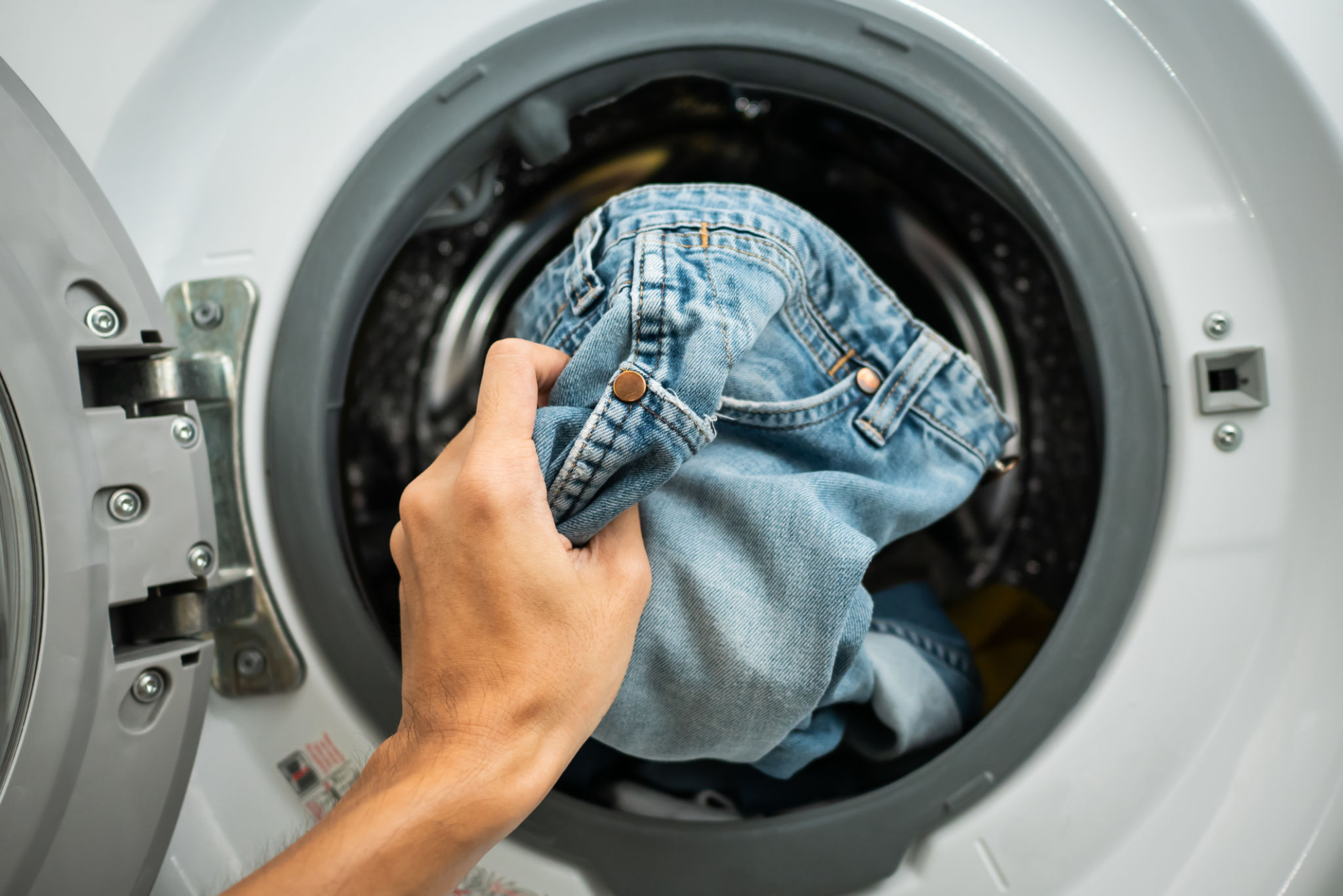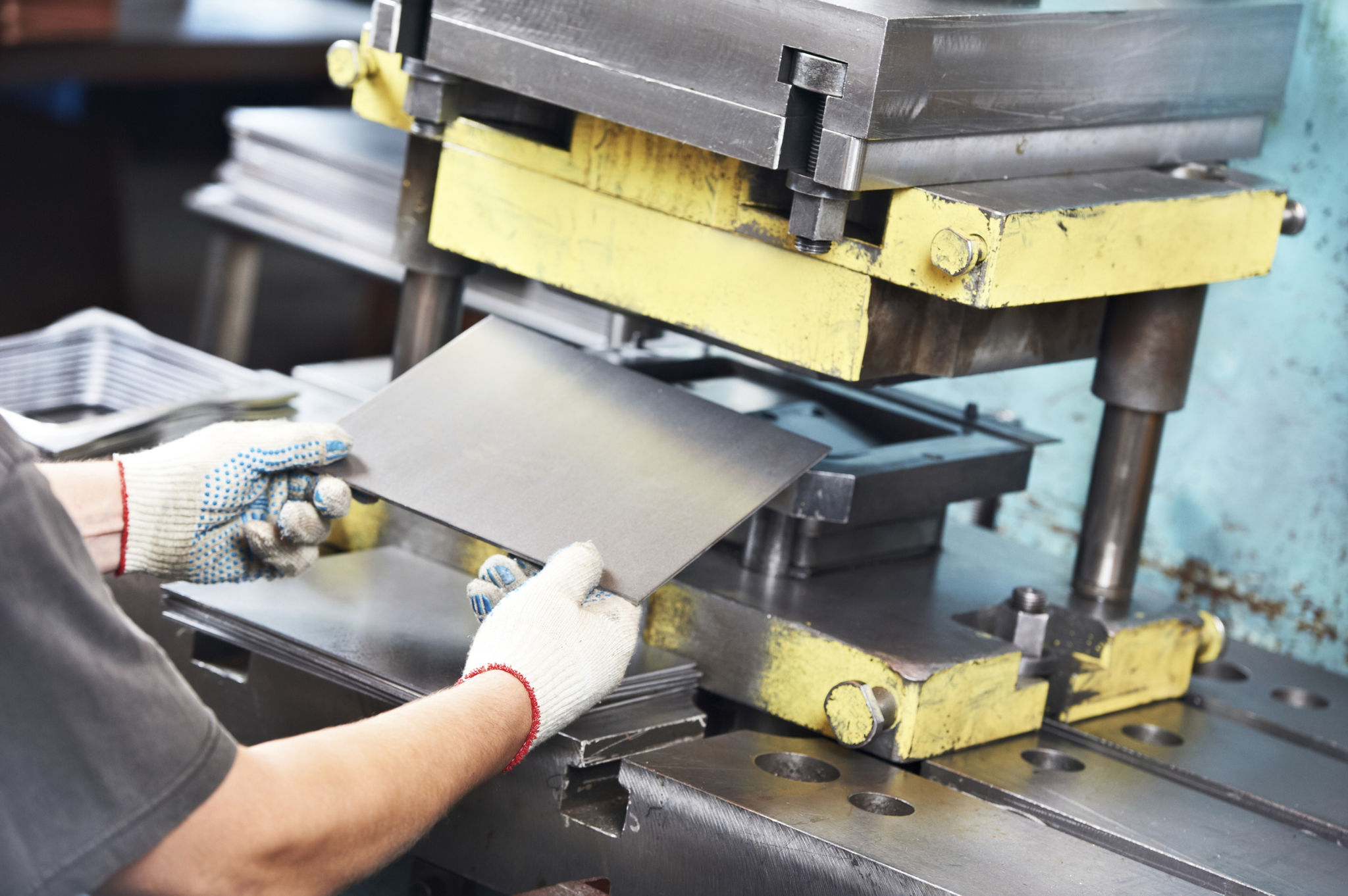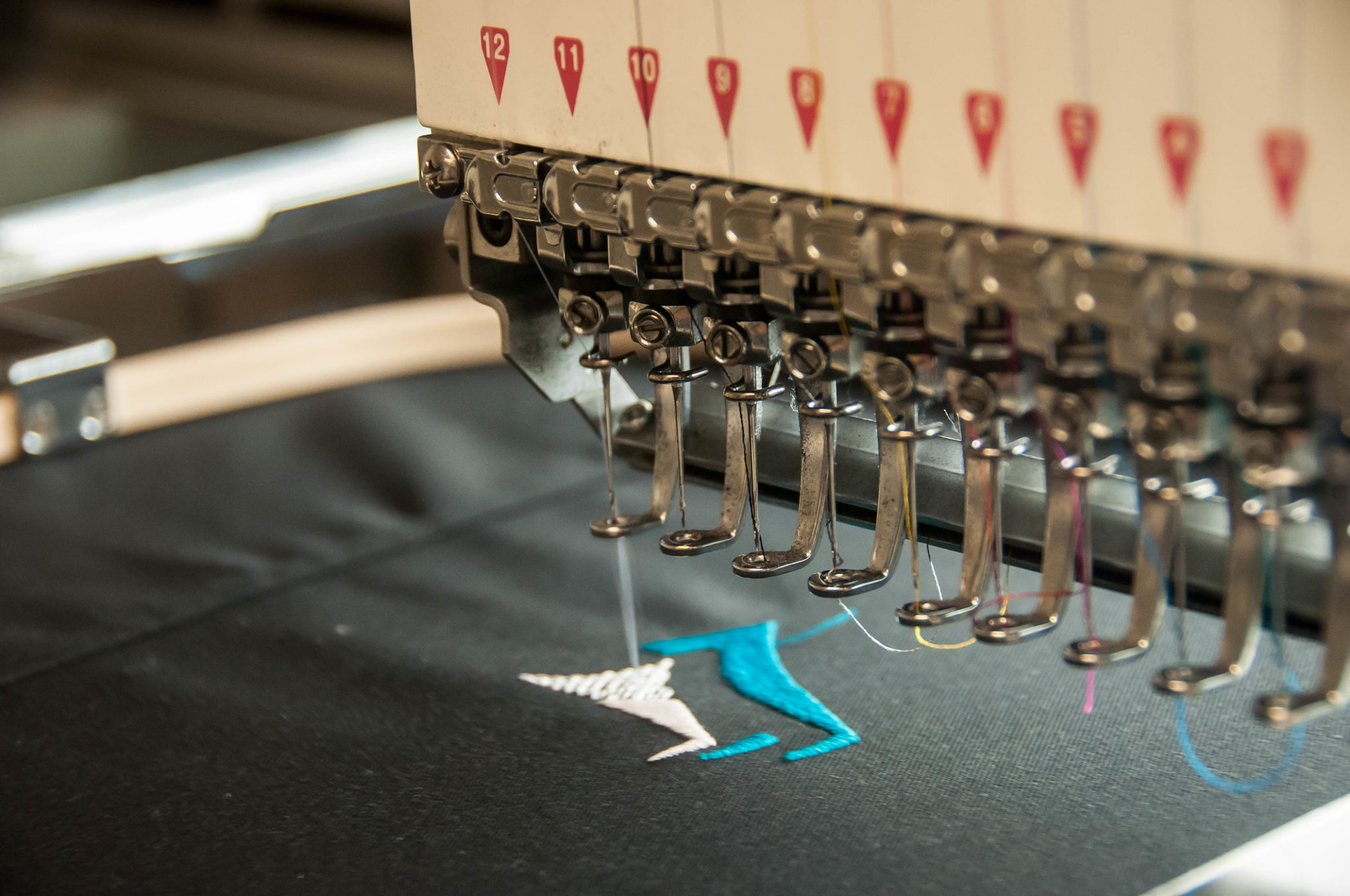Comprehensive Guide to Garment Machinery for Vietnamese Textile Manufacturers
Understanding Garment Machinery
The textile industry in Vietnam has seen rapid growth, making it imperative for manufacturers to stay updated with the latest garment machinery. Efficient machinery not only improves production quality but also enhances operational efficiency. This guide aims to provide Vietnamese textile manufacturers with comprehensive insights into the essential garment machinery required for modern apparel production.

Types of Garment Machinery
Sewing Machines
Sewing machines are the backbone of garment manufacturing. They come in various types, each designed for specific tasks. Lockstitch, chain stitch, and overlock machines are among the most commonly used in the industry. Each type offers unique benefits, such as speed, stitch variety, and fabric compatibility.
Cutting Machines
Precision in cutting is crucial for reducing fabric waste and ensuring high-quality garments. Cutting machines range from manual cutters to advanced CNC cutting systems. Automated cutting machines can significantly increase production speed and accuracy, making them a vital investment for large-scale operations.

Pressing and Finishing Equipment
Pressing and finishing equipment play a critical role in giving garments their final look and feel. The right equipment can enhance the texture, appearance, and durability of the fabric. Common machines include steam presses, fusing machines, and ironing boards. These devices ensure that garments meet high-quality standards before reaching consumers.
Embroidery Machines
Embroidery adds aesthetic value and branding to garments. Modern embroidery machines allow for intricate designs with high precision. They are available in both single-head and multi-head configurations, catering to varied production needs. Investing in advanced embroidery equipment can open up new avenues for customization and branding.

Maintenance and Efficiency
Regular maintenance of garment machinery is crucial to minimize downtime and extend the lifespan of equipment. Manufacturers should establish a routine maintenance schedule and train staff on proper handling techniques. Additionally, investing in energy-efficient machinery can reduce operational costs in the long run.
Choosing the Right Supplier
Selecting a reliable machinery supplier is essential for ensuring quality and after-sales support. Consider suppliers who offer comprehensive warranties, training programs, and prompt technical assistance. Building a strong relationship with your supplier can lead to better deals and priority service, ensuring your production line remains uninterrupted.
- Consider the types of garments you produce when selecting machinery.
- Evaluate the scalability of equipment to match future growth.
- Assess the technological advancements integrated into the machinery.
In conclusion, understanding and investing in the right garment machinery is key to thriving in Vietnam's competitive textile industry. By leveraging advanced technology and maintaining equipment efficiently, manufacturers can enhance productivity and deliver high-quality garments to the market.
